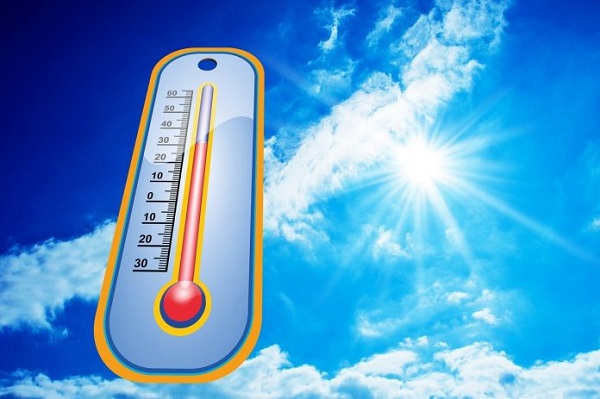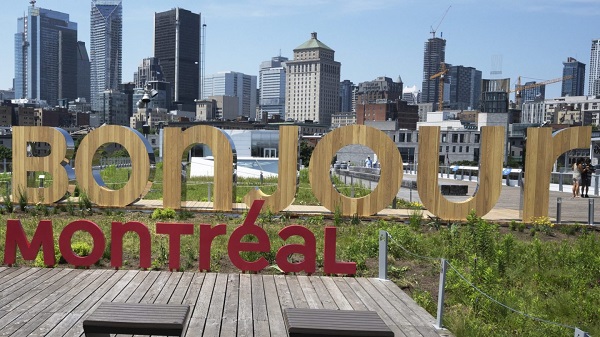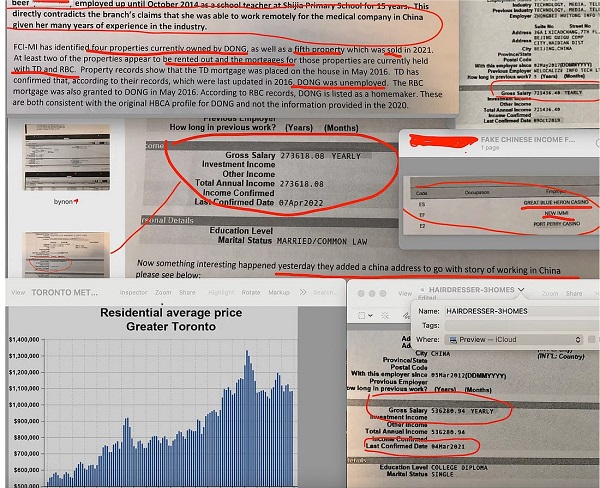Bruce Dowbiggin
Corked: The Incongruous Affection For Government Liquor Retailing
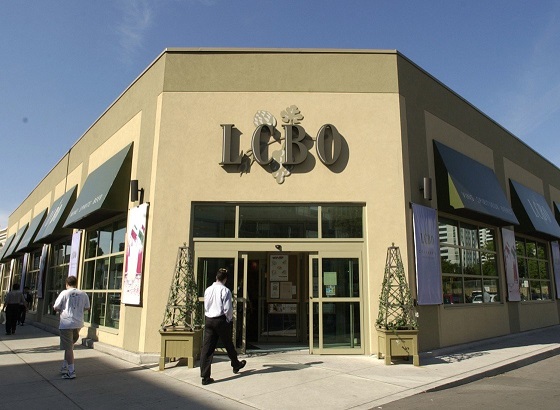
First, the nostalgia. In 1974 we worked at the (now departed) Huron and Dupont LCBO site for Xmas. In those days, when people arrived by dog sled, customers were required to consult a book, find the code that corresponded to their choice of wine or booze, and then hand the slip to a clerk (us) who would fetch the evil brew from a deep lair beneath the store.
Okay, it was from shelves beyond the view of customers. We would then return with the bottle, a cashier would process the transaction, and democracy was safe for another day. After we left, the LCBO modernized stores to allow customers to actually see the bottles they were considering (heresy). They hired clerks who actually knew something about the products, Later still they even had sales and tasting bars in fancy stores adorned in chrome and wood accents.
Those who wanted anything different could hoover to Buffalo or Rochester where the stores were often modest but the prices attractive. Different stores carried different inventories. While Ontario customers ordered rationed futures or shivered in parking lots to get a miniscule share of a hot new wine, getting product at the U.S. stores was both immediate and not rationed.
The contrast was stark. Which is where things sit today. The Ontario government (like all provincial governments save Alberta) is still in the retail business. In the day, they had about 8,000 slots for shelf-worthy products. If you wanted to purchase something else you needed a process that made finding the headwaters of the Nile seem like a casual jaunt. It’s less strenuous now, with the Ford government allowing sales in corner outlets and grocery stores.
But the LCBO remains a unionized tribute to Bill Davis’ Ontario. A polite, apologetic concession to pre-Trudeau Canada. Which is why the noisy ruckus being kicked up by the unionized employees is a downer for the Family Compact sensibilities. The people who stock shelves, operate cashes, check IDs and refuse to give you plastic bags are on strike to protect their sinecures with government. Have they no gratitude?
Union leaders are insisting that the loss of their workers will be a death blow to healthcare and education in the province. All sorts of miscreants will be allowed to escape detection in the buying process. For those of us now living in Alberta this eye-rolling claim is amusing. You see, private liquor retailing has been in effect here for decades. Different stores have different choices. Sales are an everyday feature of the experience. While the LCBO brags about its buying power you don’t see it reflected in prices. Bonus: We also can purchase Costco’s Kirkland brand wines which are cheap and delicious.

The predicted increase in crime and diminution of tax income without unionized store clerks has not happened. As Brian Lilley explains in The Sun, “Statistics Canada tracks the annual net income of liquor authorities in Canada and for fiscal year 2022-23, Alberta returned $825,104,000 to the provincial coffers. With a population of 4,645,229 as of April 1, 2023, that means the Alberta Gaming, Liquor and Cannabis Commission gave the government a per capita return of $177.62.
“That same year, the LCBO’s net income from liquor was $2,457,527,000. With a population of 15,457,075 as of April 1, 2023, the LCBO returned $158.99 per capita. Even using the $2.58 billion the LCBO remits, which includes other earnings, the LCBO’s per capita return to the province would be $166.91, which is still lower than Alberta’s return.” In short, we call bogus on the union’s claim.
But there is in government liquor sales the Canadian quality of worshipful adherence to the state. This is the polite impulse of restricting competition that has driven healthcare into the stratosphere for Canadians. Even as they wait 18 months to see a specialist or sit endlessly in a waiting room, Canadians privately welcome this as a merit badge for not accepting the two-tiered systems of Europe or the insurance-based market in the U.S.
Their suffering gives them gravitas that, as middle-class folk, they can suffer like the poor folks do, the ones whom, pace the NDP, need our empathy. The glossy brochures churned out by LCBO minions allow a frisson of pizazz but without oppressing the folks camped out in Trinity Bellwods park.

For this reason the Ford Conservatives are treading very carefully despite the evident big-foot uselessness of the current model. In the venerable Ontario government tradition of trying to be half-pregnant they don’t want to stir up the class warriors seen recently in ant-Israel demos. It’s similar in the rest of the provinces where bureaucrats have convinced elected officials that, like Jack in Brokeback Mountain, “I wish I knew how to quit you, Ennis.”
Whatever the LCBO strike result it’s a safe assumption that no one in the Canadian bureaucracy will be losing their jobs to the free market. The huge bumps in hiring since Covid show a colossus that has no intention of giving back its power to regulate. From liquor to climate Canadian politicians have ceded responsibility for areas that can be handled more efficiently and cheaply by civil servants and consultants. Kind of like CBC.

It is possible to kick the habit. The recent Chevron SCOTUS decision seeks to unpack the bureaucratic state by de-fanging its armies of in-house experts, pushing regulations and laws back to elected officials and away from the sprawling DEI-infested bureaucracy. You can tell it’s working by the torrents of complaint from redundant officials. Even more drastically, new Argentine president Javier Milei has reduced his cabinet departments from 22 to just nine.
While PM-in-waiting Pierre Poilievre talks a big game about tackling these excesses, he doesn’t stand a chance at rationalizing government services. So it’s likely he’ll have to content himself with a nice glass of beer or wine. That, under the LCBO, will cost him more than it should.
Bruce Dowbiggin @dowbboy is the editor of Not The Public Broadcaster A two-time winner of the Gemini Award as Canada’s top television sports broadcaster, he’s a regular contributor to Sirius XM Canada Talks Ch. 167. His new book Deal With It: The Trades That Stunned The NHL And Changed hockey is now available on Amazon. Inexact Science: The Six Most Compelling Draft Years In NHL History, his previous book with his son Evan, was voted the seventh-best professional hockey book of all time by bookauthority.org . His 2004 book Money Players was voted sixth best on the same list, and is available via brucedowbigginbooks.ca.
Bruce Dowbiggin
With Carney On Horizon This Is No Time For Poilievre To Soften His Message
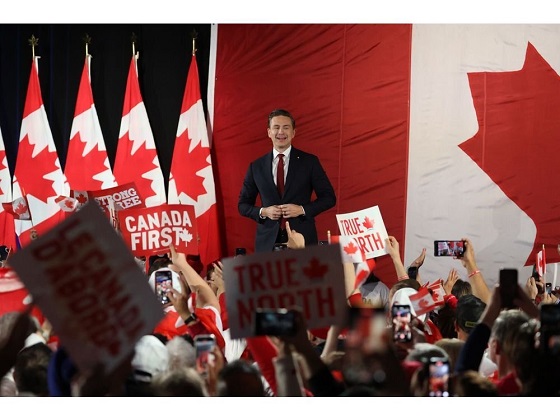
Canada awaits the outcome of Canada/ USA Hockey Armageddon II it’s fair to assess just how much a single hockey game has sharpened the focus on the political line brawl between the the nations. The proxies on skates have revealed a few truths about contemporary Canada.
While the Liberal party has suspended reality so that it can pretty-up Mark Carney, Canada’s media instead fawns over conflicting polls showing a Kamala Harris-like ascension of Carney to contender status. Meanwhile, Donald Trump’s Canadian rhetoric gets more belligerent as his 30-day tariff reprieve runs out. Finally, Canadian businessman Kevin O’Leary has advised Trump to delay the tariff Apocalypse till Canada can get an election done.
The common denominator in all this is Conservative leader Pierre Polievre. Or, at least, the mystery of Pierre Poliievre. There are several Poilievres in circulation. There is the Liberal/ NDP version of a nasty wolverine who savages innocent reporters and talks down his nose to opponents.; Next, there is the sunset media’s version of an untested slogan-reciting automaton.

And finally there is the Paul Ryan nerd clone who thrives on explaining kitchen-table economics to people awash in debt and despairing of ever getting ahead in DEI land. Which is the real deal? And does Poilievre himself know who he is anymore?
This distinction is important because, barring a charisma implant for Mark Carney, Poilievre will be the next prime minister, likely with a healthy majority. Neither of the first two Poilievre constructs will disappear soon, of course. The comms teams on the Left are determined to ride over Poilievre, however bad the polls. You need only look at the how the vanquished Left in the U.S. still acts as if they, not Trump, won a mandate last November to understand that Liberals are loath to accept any public rebuke.
The best place to answer the question of who is PP does not come from his apple-eating defenestration of the hapless reporter in B.C. While the MAGA right worshipped that moment and other slap-downs of the press— and the Left demonized him for it— it seems that the Poliievre being groomed by his advisors is meant to be softer and more statesmanlike.
His Saturday rally in Ottawa, shortly before the Canada/ USA hockey brawl, was a good place to start. In the face of Trump’s imminent tariff threat gone was the pitiless street fighter and in came the statesman, full of talk about the glories of Canada and why America needs us.
He seemed intent on tying up the Boomer vote with this speech. Oh wait. Boomers still love Liberals and Carney. Why is Poilievre going after that unwinnable demographic? Isn’t that the quicksand every Conservative, save Steven Harper, has floundered in? But there was Poilievre wandering into Liberal Speak, trying to list the benefits of the nation’s past.
Real Canadians– eg those not voting for Carney– know what a great place it can be. They don’t need to be given a Tourism Canada commercial. And as we wrote last week younger Canadians need a reason to reject Trump’s offer of citizenship. Poilievre needed to level with Canadians about what happened the past decade on defence, crime, DEI. He needed to be frank about money laundering, fentanyl production and the penetration of China’s Communists into the fabric of the land.
While his handlers seemingly urged him to go statesman, Canadians were willing to hear the truth, not another Carney eye glazer. He needed to channel Harry “Give ‘Em Hell” Truman (“I tell my opponents the truth and it feels like hell.” ) He needed to say he’ll be pitiless in his treatment of those (media, PSA) who stand in the way of a bright new day. As so often happens it was CPC playing on Liberals turf instead of staking out their own. Canada already has Doug Ford, they’re saying. We don’t need another mushy Tory.

Poilievre concluded with a Churchill barb about how America will always do the right thing— after they’ve exhausted the other possibilities. It was an unnecessary and provocative one liner from a guy who’s try to establish his bonafides as the capable negotiator for Canada O’Leary is promising he’ll be. Did he and his brain trust think the thin-skinned Trump would simply slough off the jibe?
It is performances like these that leave Canadians wondering if they’re voting for Poilievre or simply voting against Trudeau and the thoroughly corrupt Liberal/ NDP coalition. Wobbly performances like this will lead to vote leakage to Liberals and to Maxime Bernier’s People’s Party of Canada. Bernier has urged a realistic assessment of Canada’s precarious position vis a vis the USA.
Instead of perpetuating the shopworn homilies to 1970s Canada that have expired, Bernier suggests looking at the opportunities of closer economic— not cultural— cooperation with the Americans. Let Liberal/ NDP moan about collaboration. They’re like the three little pigs expecting their houses of straw and twigs will survive the ongoing attacks of China and international money laundering.
Poilievre has to stop pretending that a heavily indebted and structurally crumbling Canada can withstand the next four years of Trump bombast. He must have an intervention with the Canadian public to bring them to the bracing reality they face. Only when they know which side is up, away from Trudeau, will they start to climb out of this mess.
Bruce Dowbiggin @dowbboy is the editor of Not The Public Broadcaster A two-time winner of the Gemini Award as Canada’s top television sports broadcaster. His new book Deal With It: The Trades That Stunned The NHL And Changed Hockey is now available on Amazon. Inexact Science: The Six Most Compelling Draft Years In NHL History, his previous book with his son Evan, was voted the seventh-best professional hockey book of all time by bookauthority.org. You can see all his books at brucedowbigginbooks.ca.
Bruce Dowbiggin
Team Canada Hits American Wall. Wall Wins. Now What?
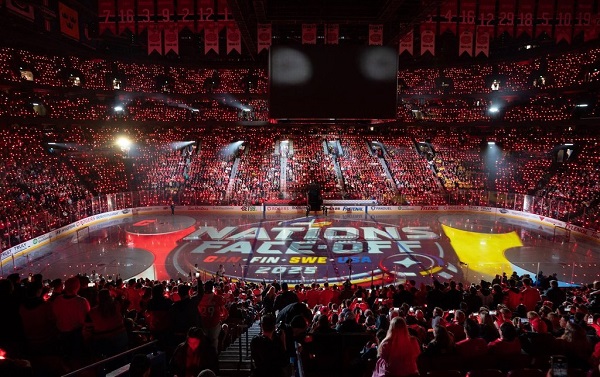
You wanted a border war? You got a border war. And just like the political conflict this one came down to Canada’s defence. Or lack of same.
After weeks of a phoney war of words between Canada’s abdicated leadership and America’s newly elected Trump administration, the question of Canada’s sovereignty crystallized Saturday on a hockey rink in Montreal. It was a night few will forget. The 3-1 score of Team U.S. over Team Canada being secondary to other outcomes.
Despite public calls for mutual respect, the sustained booing of the American national anthem and the Team Canada invocation by MMA legend Georges St. Pierre was answered by the Tkachuck brothers, Matthew and Brady, with a series of fights in the first nine seconds of the game. Three fights to be exact when former Canuck J.T. Miller squared up with Brandon Hagel. (All three U.S.players have either played on or now play for Canadian NHL teams.)
Premeditated and nasty. To say nothing of the vicious mugging of Canada’s legend Sidney Crosby behind the U.S. net moments later by Charlie McEvoy.

Those who’d expected a solidarity moment pregame to counter booing the anthem had been optimistic. “Kinda think it might be more fitting for the US team to go stand shoulder to shoulder with the Canadians, under the circumstances. That, I’d cheer.,” said Andrew Coyne. Wrong again.
Expecting a guys’ weekend like the concurrent NBA All Star game, the fraternal folks instead got a Pier Six brawl. It was the most stunning beginning to a game most could remember in 50 years. (Not least of all the rabid Canadian fanbase urging patriotism in the home of Quebec separation) Considering this Four Nations event was the NHL’s idea to replace the tame midseason All Star Game where players apologize for bumping into each other during a casual skate, the tumult as referees tried to start the game was shocking.

But in unprecedented times who could have predicted the outcome? Under-siege Canadians were represented by fans wearing flashing red lights. They’d been urged on by yahoos in the Canadian media to boo everything American they saw, unaware but uncaring if it ruled out Americans playing in a Canadian city when they get the chance.
“It’s also more political than the (1972) Summit Series was,” bawled Toronto Star columnist Bruce Arthur, “because Canada’s existence wasn’t on the line then, and it may be now. You’re damn right Canadians should boo the anthem.”
He got what he asked for. It was as if large segments of Canada had suddenly awoken to their fate in the weeks since incoming POTUS Donald Trump’s tariff threats forced PM Justin Trudeau to resign and prorogue Parliament so his Liberals could stage a succession plan. Or maybe, according to Liberal house leader Karin Gould, postpone the election.
Instead of looking inward to examine what Canada had done to invite trouble the target was instead on Trump, who many believe is supposed to act like a beneficent older brother to Canada. Indignant Canadians are suddenly cancelling winter vacations to the U.S. while boycotting American chain stores like Home Depot and Costco. Even though Canada’s military is a token force following years of Trudeau downsizing and DEI incursions, the sunset media invokes Vimy Ridge and D-Day in their disgust with Trump, who wants Canada (and NATO allies) to actually pay for their defence.
Earlier in the day, presumptive PM Pierre Poilievre echoed the Liberal line with a rally for Canadian unity that would have worked in 1995, not 2025. In a move he may regret he quoted Churchill’s barb that Americans will always do the right thing after every other option has been exhausted. It drew cheap laughs. With luck, Trump’s animus to Trudeau will overshadow this potshot in a critical moment. Or maybe not.
The TV commercials from Canada’s corporate side waved the patriot flag, too. Leading one to wonder had they really missed the Trudeau decade that prompted this? Did they not hear him talking about Canada having no culture now? How it was now postmodern? How it was now 40 million narratives? How he’d lowered the flag for six months in penance for racism and genocide? Apparently not, as they revived narratives from the 1980 Quebec referendum to stir the crowd.
Now, with the symbolic game lost, what’s next? For Team Canada, injured and humbled, there’s an afternoon tilt Monday in Boston against Finland. Only by beating the Finns can they get a revenge game against the American, this time before a hostile Boston crowd. Should they get there would it be Hudson Bay rules again? How will Americans respond? The mind boggles.
Had there not been such a dramatic political overtone, the attention of the media might have dwelt on the fact that this was the first Canada/ U.S. best-on-best contest in 12 years. Excluding the fights it was a monumental display of skill, stamina and, sadly for Canada, goaltending. Why the wait? NHL commissioner Gary Bettman always puts the league’s interests ahead of those who want to see the best players against each other. So expansion and outdoor games took precedence.
Ordinarily the smashing success of the tournament would shame the NHL into more such competitions. And indeed they are conceding to a schedule of Olympics (Italy in 2026) and World Cups in the next decade. As thrilling as any of those contests might be they will likely pale next to Saturday’s drama. In fact, only Game Eight of the 1972 Summit Series can match the explosive political and sports combination of Feb. 16, 2025.
Guesses are now being accepted over just what Canada and Canada’s hockey team’s program might look like by the end of the 2020’s. Once certainty— if the game Saturday is any indication fraternal friendship between the U.S. and Canada will be on hold for a while.
Bruce Dowbiggin @dowbboy is the editor of Not The Public Broadcaster A two-time winner of the Gemini Award as Canada’s top television sports broadcaster. His new book Deal With It: The Trades That Stunned The NHL And Changed Hockey is now available on Amazon. Inexact Science: The Six Most Compelling Draft Years In NHL History, his previous book with his son Evan, was voted the seventh-best professional hockey book of all time by bookauthority.org. You can see all his books at brucedowbigginbooks.ca.
-
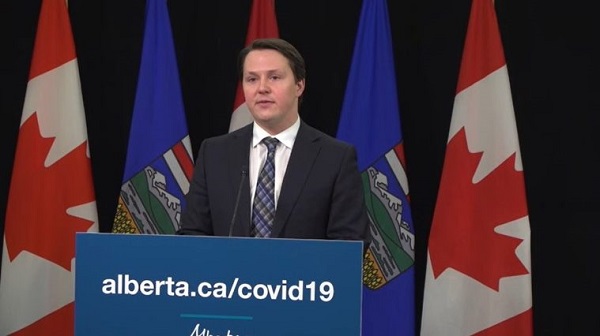
 Alberta1 day ago
Alberta1 day agoOpen letter to Ottawa from Alberta strongly urging National Economic Corridor
-

 Business2 days ago
Business2 days agoNew climate plan simply hides the costs to Canadians
-

 Censorship Industrial Complex2 days ago
Censorship Industrial Complex2 days agoBipartisan US Coalition Finally Tells Europe, and the FBI, to Shove It
-

 Addictions1 day ago
Addictions1 day agoBC overhauls safer supply program in response to widespread pharmacy scam
-

 International1 day ago
International1 day agoJihadis behead 70 Christians in DR Congo church
-
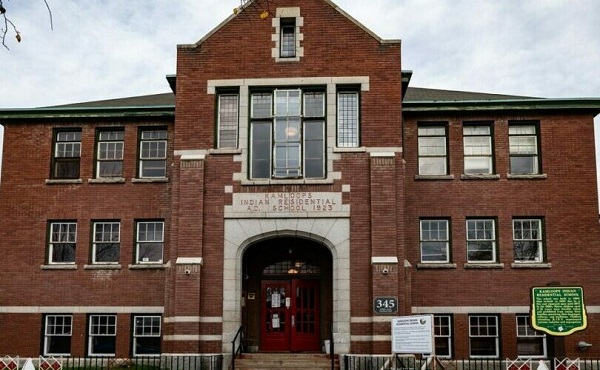
 Indigenous20 hours ago
Indigenous20 hours agoTrudeau gov’t to halt funds for ‘unmarked graves’ search after millions spent, no bodies found
-
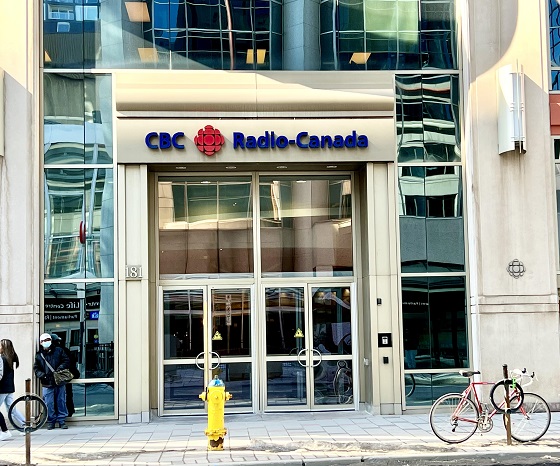
 Business1 day ago
Business1 day agoFederal Heritage Minister recommends nearly doubling CBC funding and reducing accountability
-
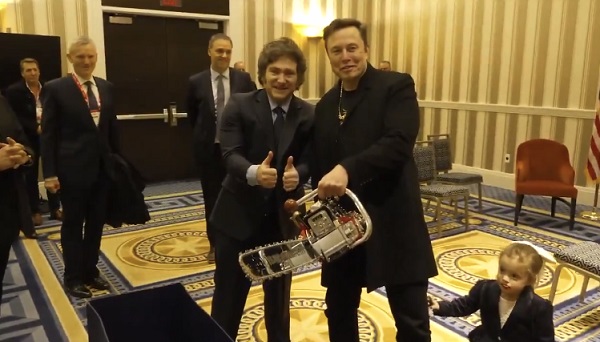
 Business1 day ago
Business1 day agoArgentina’s Javier Milei gives Elon Musk chainsaw



